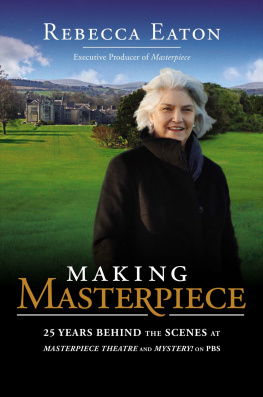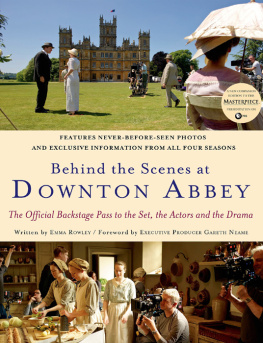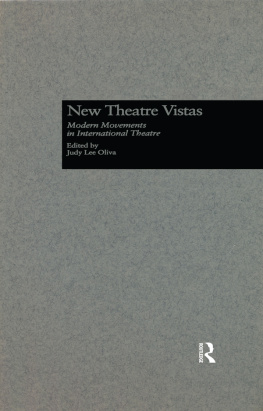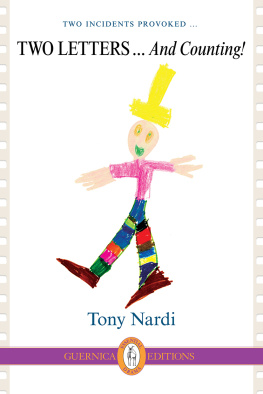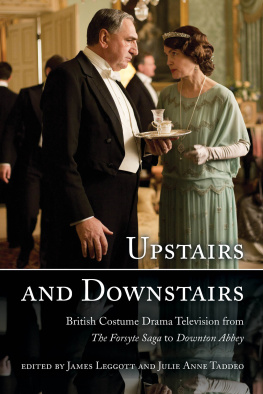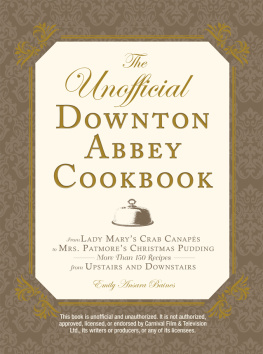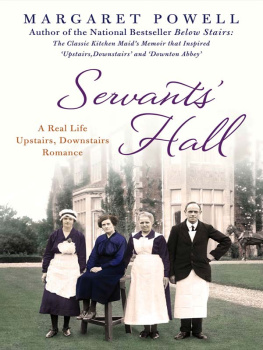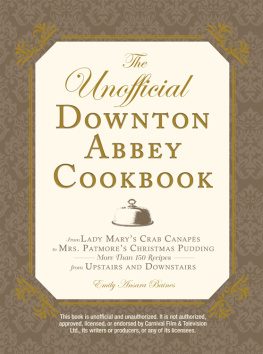PREFACE
Kenneth Branagh
I vividly recall meeting Rebecca Eaton for the first time in January 1988 in the foyer of the Beverly Hills Hotel. A group of British actors, producers, and directors, myself included, had all flown to Los Angeles, but our plane had been delayed by six or seven hours.
On touchdown, wed rung her to ask, Is it still going ahead?
Rebecca said, Can you guys still do it?
We said yes; wed had a very jolly time on the plane. It was my first trip to Los Angeles, and we were all pretty giddy. I was twenty-seven.
When we eventually arrived at the hotel, Rebecca was standing in the foyer welcoming us, checking if we were good to go after the quickest of quick showers. What I saw was a very classy dame, a very beautiful gal, and somebody whose spirit was unflappable. There was a kind of positive, robust show-biz element to hernothing threw her. She had a sense of humor about it. Other people would have been very stressed, but she seemed to think this might be a fun evening.
And so it turned out to be, because we went into dinner with hundreds of television critics, and Emma Thompson, James Cellan Jones (the director of Fortunes of War), John Thaw (there to promote Inspector Morse), and a number of other people were not only at tables having dinner with some of the criticswe also performed an informal show. Emma sang a song, and I gave some kind of speech. Generally there was a sense that entering Rebeccas atmosphere in this kind of circumstance had a celebratory quality, which has been part of my impression of her ever since.
One of the things that also struck me about her is that for someone who on the surface would appear to be a devoted Anglophile (which she is), she also seems to me to be resolutely American. Ive always felt that her taste and critical judgment about what she presents, what she invests in with Masterpieces money, gives you an interesting insight into the way smart Americans view the Brits.
She has enthusiasm and passion but no slavish worship of all things European or British, no hushed, uncritical admiration of what the Brits do. She casts an appropriate critical eye over what she chooses to present. She knows that the American public wont lap up just anything British, or anything period on television, without judgment.
Quite the opposite: the Masterpiece audience is a highly intelligent and passionately point-of-viewed group. I always felt that Rebecca has a kind of vitality, infusing sharpness and wit to the way things are promoted and to the programs themselves: theres a sense of fun around them. She has fun with the way the Brits are, and she has fun with the way the Americans see the Brits, not only through the vehicle of the programs but even in the way she meets actors and directors and everybody who has the good fortune to go to America to promote their shows.
There are dangers inherent in the word masterpiece, but she and her staff have been very inventive and imaginative, making sure that the name itself doesnt suddenly evoke something museumlike or too dry. You have a real sense of a personal point of view in their work.
Rebecca has maintained that passionate and witty approach to Masterpiece right across time. She has that gift of enthusiasm and curiosity; and as a result, shes had a big impact on the careers of a lot of British actors. Work on Masterpiece is sometimes the only way they have the great luxury of going to America and finding out how people there view their work.
And for many actors, it also happens to be a transition. Appearing on Masterpiece can be part of a journey to working more internationally and being seen by a very discerning audience. Rebecca has been a very vigorous and vital custodian of performances that can be seen by an audience that really demonstrates its loyaltya loyalty, support, and interest shes never taken for granted.
An ability to be vigilant about that, to maintain your enthusiasm and a critical faculty, yet still convey joy and intelligence and wit about what youre doing, and therefore making other people feel the same way about itnever giving in to, Heres season seventeen, twenty-two, twenty-five, or whatever it isis a great tribute to an unflagging artistic vitality that sustains all the other hard work it takes to maintain a show like Masterpiece.
Youre not going to have a Downton Abbey every five minutes. Youll be showing some material thats interesting but that might not automatically appeal to that many people. Masterpiece has banged a loud drum for a very long time in a way thats still resoundingconfirming that television can reach a lot of people with work that might not otherwise be seen so easily.
Rebecca has the toughness a producer needs. If you want to sustain a project, or something thats become an institution like Masterpiece, whilst acknowledging at all times that its longevity is not guaranteed, you need to know when to say no and when to push back a little. She certainly has that capacity to charm, to be bossy and persuasive and curious; but ultimately, you feel that shes on your sidethat indeed, shes trustworthy, a friend, someone with whom you can have fun. Promoting shows for Masterpiece was never a chore.
Though Rebecca is unquestionably leading the charge, shes a smart enough boss to let other people do lots of talking. Whether its presenting material, or imagining campaigns and artwork and posters, or introducing new titles, or bringing people in if its an unknown novel or a difficult set of characters or strange accents, you have to be alive to it and have a team around you who are going to enjoy delivering it. The program, the institution, and the many strands of

